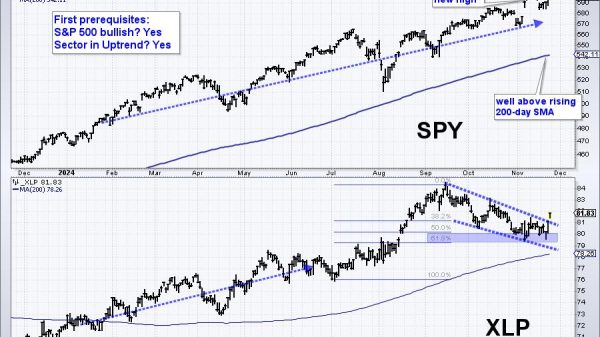Energy UK has called for nuclear plants and electricity generators to ditch their lucrative renewable obligation certificates (ROC) in favour of long-term deals with lower returns.
The industry body is backing proposals first outlined by the UK Energy Research Centre for a voluntary shift from ROC’s to an agreement mirroring the newer contracts for difference (CfD) scheme.
CFDs have incentivised renewable energy projects at record-low costs, and offer generators a guaranteed ‘strike’ price.
If generators sell power onto the wholesale market when above this price, they return the surplus to consumers.
With wholesale prices at record levels, generators with CfD contracts are predicted to return £23 to the typical domestic customer this winter, according to Ofgem.
Legacy ROCs (the scheme was closed to new applicants in 2017) pay a subsidy to generators on top of the current wholesale price.
This means low carbon generators with ROCs are hugely benefitting from the wholesale cost of electricity, which is set by the price of gas, which has been at record levels for the past year.
The Government has been looking to address this issue through either including renewable generators in the Energy Profits Levy, or its recently announced Review of Electricity Market Arrangements – where gas and renewable prices would be separated.
Nuclear plants and renewable generators with ROC deals produce around 40 per cent of the UK’s electricity.
Due to this high market share, Energy UK believes the switch could cut bills for households and non-domestic customers by reducing the costs paid to low carbon electricity generators.
It believes the proposals could reduce energy bills by between an estimated £10.8-£18bn per year from next year, which would equate to a £150-£250 saving for a typical household.
This is in addition to a £6.7-£11.1bn cut for non-domestic users, allowing customers to benefit further from cheap domestic low carbon power.
The energy price cap will rise 80 per cent from October to £3,549 per year, a new record that would put even more pressure on cash-strapped households.
Adam Berman, Energy UK’s Deputy Director, said: “By giving generators the chance to secure a longer term agreement with lower returns in place of selling electricity at wholesale market prices, this scheme would be a significant first step to decoupling gas from retail electricity prices. Removing the link between gas and retail electricity prices will be complex and take time, but this solution provides a quick fix for up to 40 per cent of our generation capacity.”
Read more:
Energy UK backs scheme to cut profits from renewable generators
























